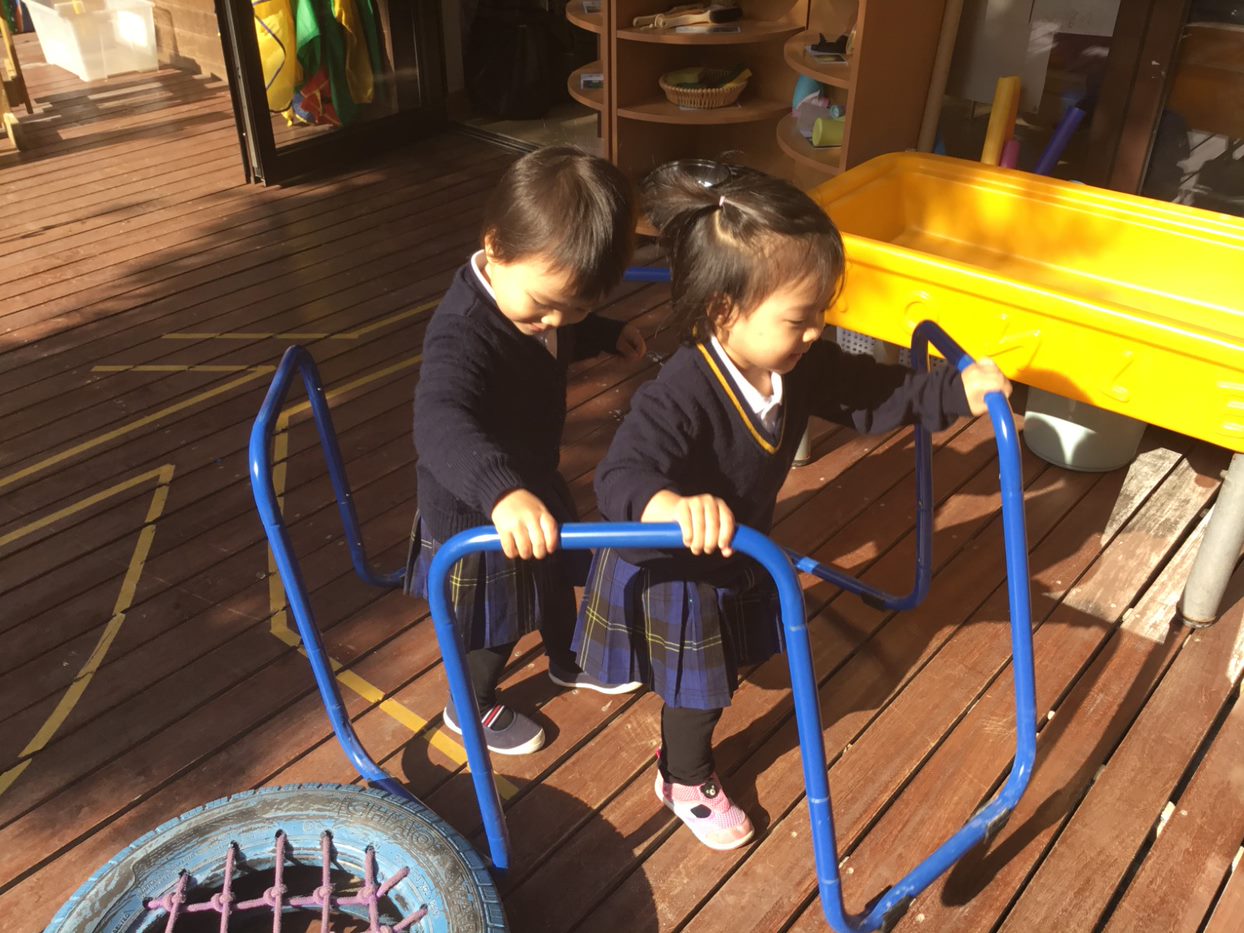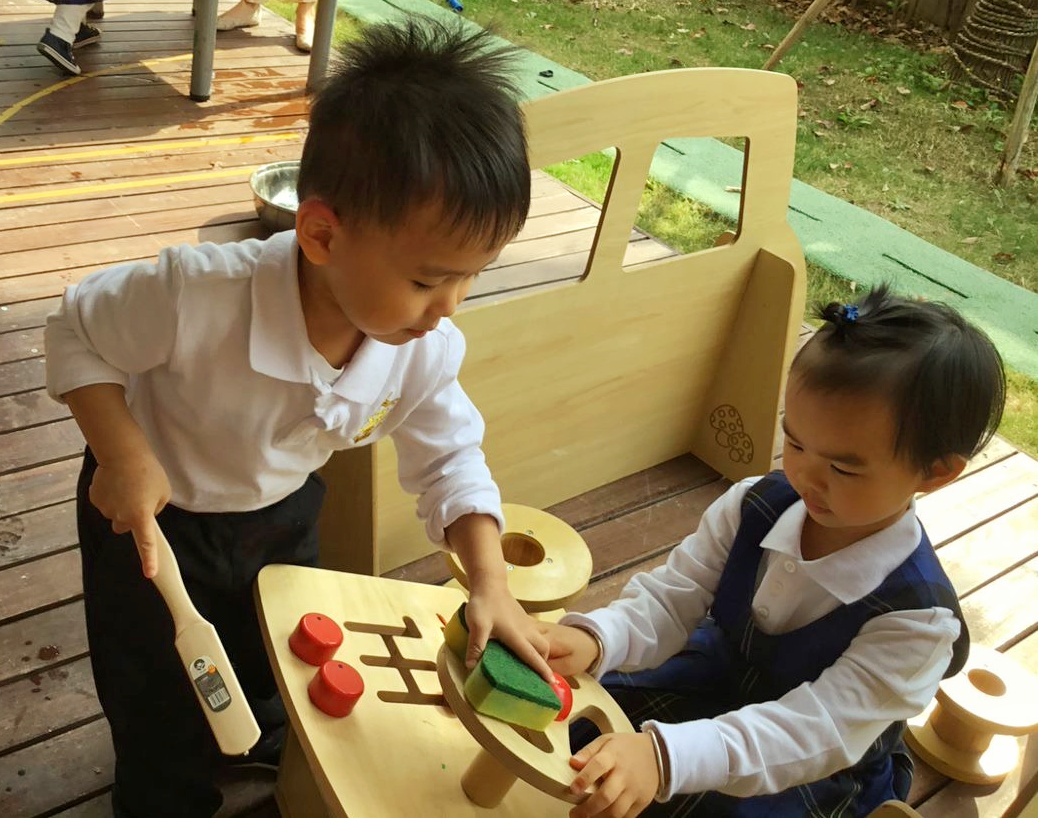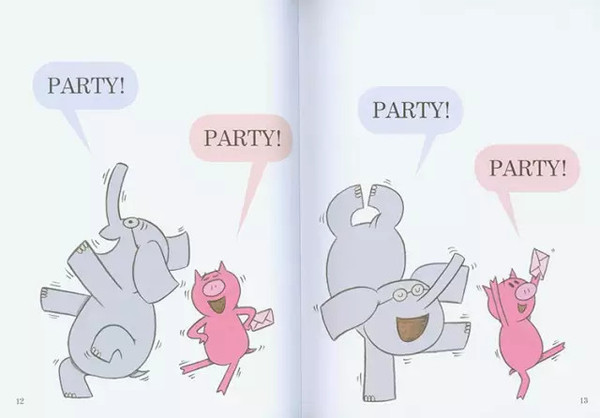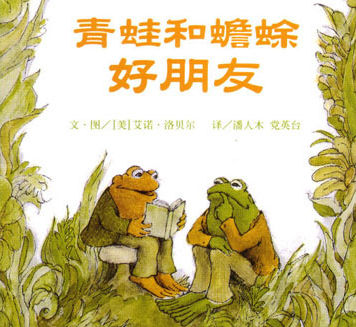
Making friends is one of the most important skills we discover during our childhood. Over these formative years, we make many friends. Some will be lifelong friends who will attend major events in our life and others will be friends for a period of our lives and we may lose contact thereafter. If we think back to our own childhood memories, our friends played a very important role. Sometimes we reminisce fondly about fun times we had in the playground, in class, play dates, or in the park. I remember how having a classmate over to play would be the highlight of my week, or how a simple glance at my best friend could have me in a fit of giggles. I could tell my best friend my worries and we thought we could take on the world together. If I could choose one word that comes to my mind when I think of friendship it would have to be HAPPINESS. 
According to Cambridge dictionary (2020) friendship is defined as, ‘A situation in which two people are friends’. More importantly, friend is defined as, ‘A person who you know well and who you like a lot, but who is not usually a member of your family’. For a lot of children making friends may come naturally however others may need a little support. As teachers or parents, we can’t push children to make friends, but we can guide them to develop skills that will give them more confidence when meeting and talking to other children.

What better time to start developing these skills than Early Years. Our goal at Huili Nursery is to facilitate an environment where we provide opportunities in which children can interact with others and gain good interpersonal skills. Whilst writing this article, I looked through photos of my class to use as examples of friendship. I soon realised that we have so many examples of beautiful friendships that have blossomed in the children’s time at the nursery. Some children may have known each other since EY1, and others have made new friendships in EY4. My partner teacher and I are very lucky to teach a wonderful class who show examples of kindness to each other every day. Yes, sometimes there are arguments but isn’t that what friends are for? We see children helping each other, for example, the time one child had a broken arm and another child helped him eat his lunch for weeks. We see examples of patience, such as when one child helped another with a maths activity. We see children showing empathy, as when a very timid girl did show & tell, and her friends applauded her for her courage. We see children showing excitement when their friends are awarded a certificate. It takes me back to the word I used earlier to describe friendship above: HAPPINESS. Our main priority is for our pupils to be happy. We love to see them coming to the nursery with a big smile, ready to learn, play and enjoy themselves. “The experience of positive social relations with peers is a core dimension in children’s well-being”, Dunn (2004). This contributes to their development socially, emotionally and cognitively. If we can promote building positive relations and communication between children, we are more likely to see children showing a high level of happiness and overall wellbeing. When children make friends, we see them develop: empathy, patience, politeness, self-confidence, and a feeling of self-worth. Sometimes we may ask ourselves, what can we do to help our children build relationships with other children? As mentioned earlier, we can’t teach or push them to make friends, but we can guide them. Setting a good example is a great way to show children how to interact with friends. We can show children we have good friends too. We can demonstrate politeness and kindness to our friends. Introducing children to others who share similar interests could also spark conversations which could lead to friendships. Discussing feelings and the importance of values can also benefit children when making friends. 
There are many great children’s books that promote friendship. These stories can help children understand the ups and downs of friendship and how to be a good friend.
The Elephant and Piggie Series
by Mo Willems

The Frog and Toad Series
by Arnold Lobel

In these strange circumstances we find ourselves in now, where we haven’t been in the nursery for almost two months, as teachers we think about how much we miss our pupils and how much they miss us (hopefully). Can you imagine how much children are missing their friends? We are all excited to get back to normal but more than anything I can’t wait to see the hugs and smiles when they see their friends after so long!
Oh, what joy it is to have a friend like you
For giving me strength the way you do
For lifting me up when I’m feeling down
And putting a smile on my face when I’m wearing a frown
Thanks for being there and helping me grown
Your friendship means a lot
This I’d like you to know.
“Friendship Poem”
by Mary E. Carpio (2005).